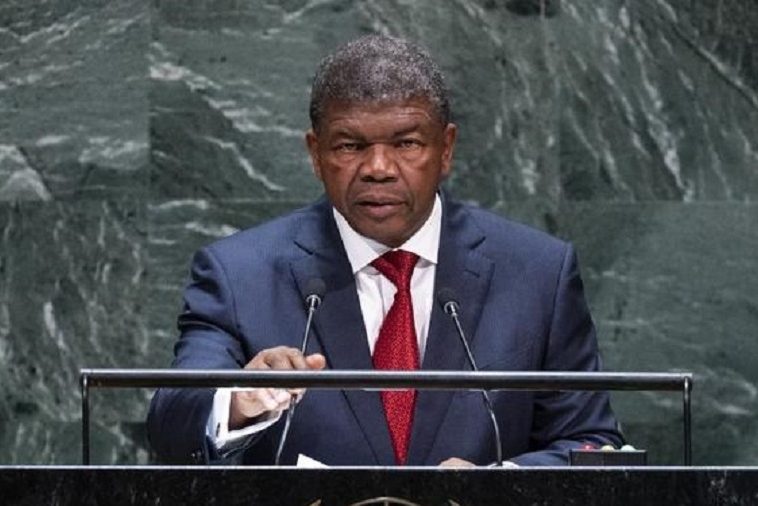Africa’s security structure is fraught with multifaceted challenges. The continent has long grappled with political instability, armed conflict, and terrorism. To address these issues, various strategies have been employed, including collaboration with global actors such as the United States, China, Russia, and the European Union.
The involvement of global partners in African security extends beyond diplomacy, playing a crucial role in shaping intra-African security dynamics. From the colonial era, when European powers exploited the continent’s resources, they left behind weak state structures and unresolved ethnic tensions. These historical legacies continue to influence the relationships between African nations and global powers, affecting the continent’s security strategies and alliances.
Several global actors have played significant roles in shaping Africa’s security landscape, including the United States, Russia, China, and France.
The United States has positioned itself as a proponent of democracy and human rights in Africa. It has been instrumental in training security personnel and collaborating with African countries to combat terrorism and cross-border conflict. Through initiatives like the African Growth and Opportunity Act (AGOA), the US has sought to promote stability via economic development.
In recent years, China has expanded its presence in Africa, primarily through infrastructure development and economic partnerships. The Belt and Road Initiative (BRI) is a key Chinese strategy aimed at linking Europe, Asia, and Africa through significant investments in transportation, energy, and telecommunications. China also provides security to safeguard its infrastructure and personnel.
Russia’s engagement with Africa has focused on military cooperation and resource extraction. This relationship grants Russia geopolitical influence while providing African nations with an alternative to Western powers. However, this often exacerbates existing tensions and can contribute to arms races in volatile regions, further destabilising the continent.
France has historically played a prominent role in Africa’s security environment, influenced by its colonial history and its ongoing political, economic, and military interests. France maintains military bases in several African countries, projecting power, conducting training missions, and responding rapidly to crises. Through military partnerships with countries like Djibouti, Chad, and Gabon, France fosters cooperation and enhances the capabilities of African armed forces.
The influence of these global powers on intra-African security is profound. While they provide essential resources and support for peacekeeping efforts, their involvement often results in unintended consequences. For example, competition for influence in the Horn of Africa has led to proxy conflicts that complicate peace processes, fuel rivalries, and destabilise the region.
Many African nations are still striving to assert their independence from colonial powers. It is argued that the involvement of global powers at times compromises their sovereignty, as some governments prioritise foreign interests over the needs of their citizens, undermining local governance and stability. This has triggered a backlash against foreign involvement, leading to increased nationalism and resistance.
Nonetheless, external influence has also fostered cooperation among African nations. Initiatives such as the African Union’s (AU) Peace and Security Architecture benefit from global support, strengthening the capabilities of African armed forces and encouraging regional collaboration.
The influence of external powers on Africa’s security is likely to remain significant. The challenge for African nations lies in striking a balance that respects their sovereignty while leveraging international support to address pressing security concerns. African countries must assert their agency in negotiations with global actors to ensure that external involvement aligns with their security priorities and developmental goals.




